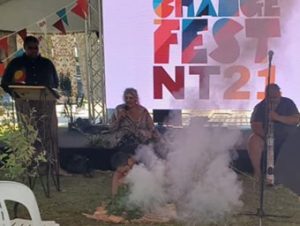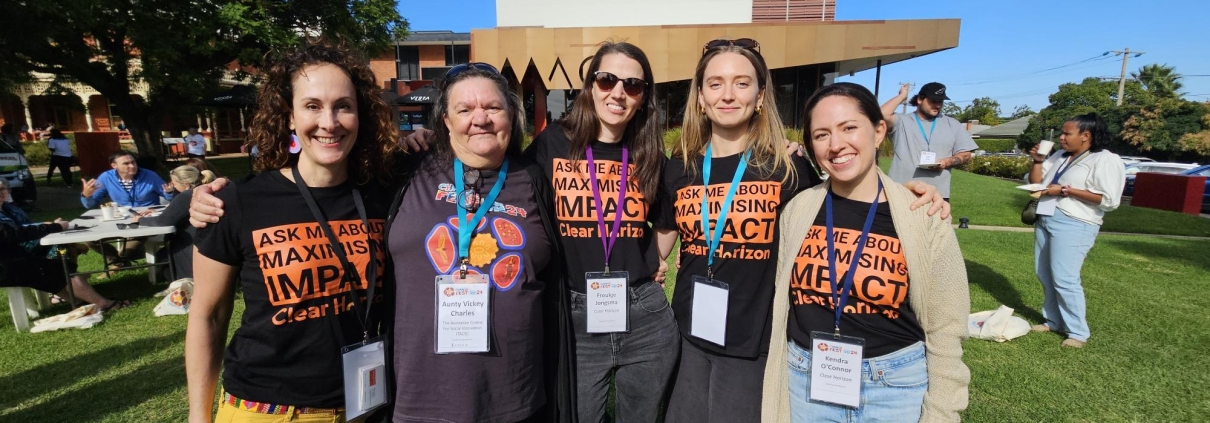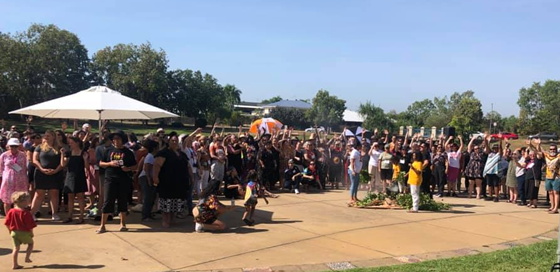An invitation to deepen place-based approaches
I acknowledge the Traditional Owners of the land on which we met for ChangeFest, the Larrakia People, and pay respect to Elders past, present, and emerging. Thank you to the Larrakia Elders, hosts, and community, for the generous welcome and for sharing your rich insights and experience.
During 8th – 11th June, hundreds of place-based change-makers met on Larrakia country for ChangeFest 2021 in Darwin. The national gathering has been happening since 2018 and its focus on First Nations inclusion and leadership was strong. Participating were community-led collaborations, service providers, project teams, networks, activists, government partners and policy makers, sponsors, community members, designers, and evaluators interested in improving social outcomes for Australian communities.
Key take-homes to deepen practice
Inspiring examples of local and systems led change were shared, as well as lessons and stories of trauma and inequity. By design, and through this sharing, I left with a take-home pack of timely questions that will help me deepen my place-based practice.
- First, ChangeFest asked me to reflect on how I can more fully and proactively bring The Uluru Statement from the Heart to life in my work and partnerships.
- Second, I was asked to explore how I show up in collaborations (the ‘dance’ we do with others in the system), and look behind the curtain at how and why I might step back from collaborating when things get challenging (check out Deep Collaboration).
- Third La Boite Theatre asked: What commitments can I make to include young people and what commitments will I take back to them?
The first one is particularly important – it will take me beyond endorsing and sharing the statement to deeply engaging with it in conversation with others and using it as a compass for my practice.
Enablers and barriers of place-based approaches
As an evaluator specialising in systems change and place-based approaches, I am always interested in hearing insights about what’s helping support systems change and what’s getting in the way when it comes to community-led change and assessing progress and social impact.
A few of the resounding enablers for place-based change included:
- Importance of building respectful and trusted relationships and networks, and then embedding these so collaboration goes beyond only relationships.
- Keeping community voice at the forefront and listening deeply to community.
- Connecting people and efforts across the ‘system’.
- Drawing on/ using Indigenous ways of working to keep culture at the centre of practice for First Nations communities. One wonderful example was from Galiwin’ku Connected Beginnings who are using local Yolŋu metaphors, language, and their kinship model as the central framework for their collective practice and measurement, evaluation and learning.
- Using data and stories to demonstrate change, build momentum, and celebrate the wins (see Clear Horizon’s resources page for tools to help with this).
On the flipside, some of the ongoing challenges expressed by change-makers included lack of trust between partners and community, the impact of trauma on individuals, communities, and intergenerationally, lack of communication, duplication and fragmented efforts across systems, and the ongoing work of power sharing to enable communities to have greater control and self-determination.
These themes certainly fit with what we see through our work with change-makers in place-based contexts. And never too far away were the much-asked questions ‘How do we know if we are on track given all this complexity?’ or ‘Are we making a difference for kids and families?’
For my own practice, knowing if we are making a difference requires the short and messy loops of learning about what’s working in place, the shifts happening in the way people collaborate and put equity for First Nations peoples at the centre, and tracking how our mindsets and practice affects collectively driven change. Simultaneously, robust ways of checking impact over the long term are needed to show the contribution of our place-based work in improving the experience and lives of local communities. This requires looking at the numbers and stories that matter for community and partners and acknowledging there will be diverse perspectives on what counts as evidence and that specific outcome areas we might be seeking to improve such as ‘health’, ‘education’ or ‘identity and culture’ are all interconnected in the bigger story of social change.
Thanks to all the change-makers and ChangeFest organisers for getting us together to deepen our place-based work. It was a rich week of connecting and learning.

Hero image: The Change-makers of ChangeFest
Image above: Opening ceremony and Welcome to Country with Aunty June and Larrakia community
Images courtesy of ChangeFest organisers 2021
#ChangeFest
#UluruStatement












